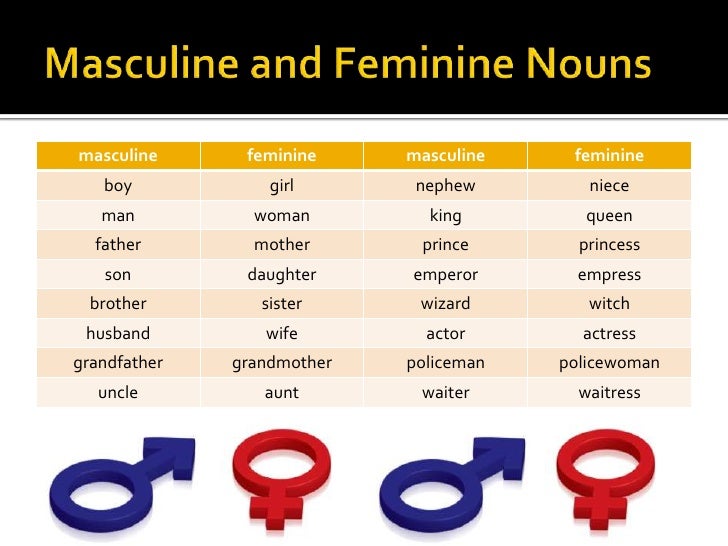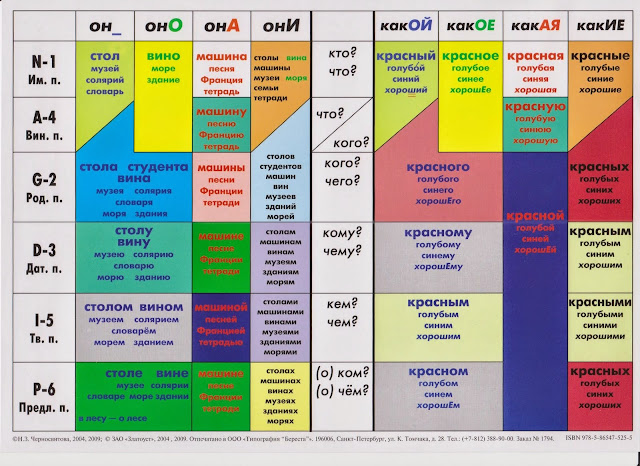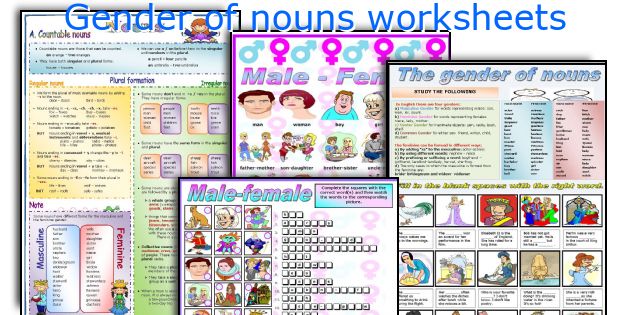Just to make things more complicated, certain masculine nouns are “weak” and take an “n” ending in all cases except the nominative. For example, most of the words for “man” in German (Junge, Bursche, Knabe, Bube) fall into this group:

Russian grammar employs an Indo-European inflexional structure, with considerable adaptation.. Russian has a highly inflexional morphology, particularly in nominals (nouns, pronouns, adjectives and numerals).
This section of the site includes lessons on Russian grammar, including parts of speech, gender of nouns, cases, tenses, numbers, aspect and mood of verbs.Russian grammar is known to be very challenging because of variety of word forms.
Nouns in Russian are divided into three genders: masculine, feminine and neuter. How to determine the gender in Russian? Look at the word’s ending

NOUNS: Choose the right case form What’s a noun? It’s a word used to name a person, place, thing, , or abstract idea (Examples: man, Russian, table, cat, friendship)
Test Russian Nouns (Cases, Gender, Plural) If you want to learn the declension rules for the Russian nouns this is the place to do it. Test is customizable so you can use it even if you don’t know the rules for all cases.

Frequency list of 500 most common nouns in Russian. Includes top Russian nouns with English translations and genders. Learn most used nouns, their gender and meaning.




In Russian, the instrumental case is used to indicate how something is done. In English we commonly use the words ‘by’ or ‘with’ to do this. Learn Russian grammar with our free Russian lessons.
In some languages, genders are assigned to nouns, such as masculine, feminine and neuter (or other combinations). The gender of a noun (as well as its number and case, where applicable) will often entail agreement in words that modify or are related to it.


Gender and the Russian Case System. Russian Lesson 6. An introduction to Russian nouns. Learn how to determine the gender of a Russian noun and how to form the Nominative and Accusative case in Russian.